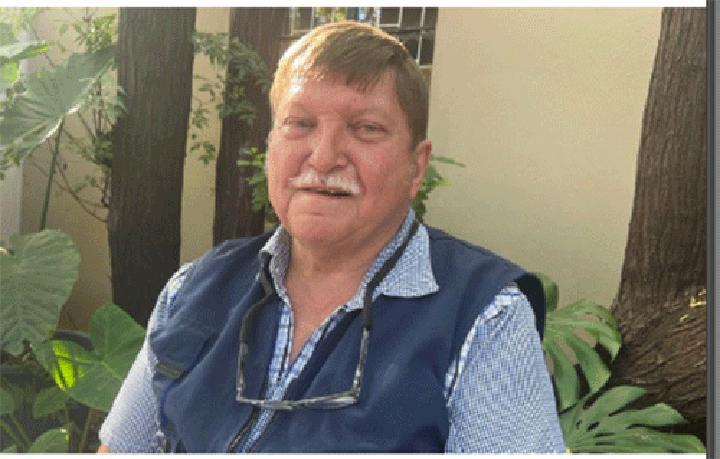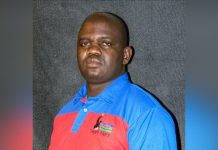Africa-Press – Namibia. Retired artisan and technical instructor Roelf van Wyk, who taught at the Namibia Institute of Mining and Technology (NIMT) for over 30 years, has criticised Namibia’s failure to support artisans beyond basic training. He said the country is not equipping them to become job creators.
In an interview last month in Tsumeb, the 65-year-old – fondly known as ‘Omroof’ – said Namibia’s technical education system stops at a level too low to empower graduates to start businesses or become employers.
“We train our youth up to Level 3 or N3. Then we stop. So, how do we expect these young people to create jobs? They qualify as artisans, and then we leave them,” he lamented.
Van Wyk noted that Namibia has more than 90 vocational training centres, including NIMT and Community Skills Development Centres (Cosdecs), which all train artisans to basic levels (N1–N3 or Level 1–3). However, this is not enough to prepare them for industry or self-employment.
“N3 and Grade 12 are equivalent. So when someone completes both, they’re still not ready to work or run a business,” he said. “We need N4, N5 and N6. That’s how you train technicians—people who can start businesses.” He believes the absence of advanced technical training leads to unemployment or underemployment, even after years of study. He urged the government to introduce higher-level qualifications to bridge the gap between skills training and job creation.
“There’s nothing beyond Level 3 unless you go to NUST or university. But what about artisans who want to go further in their trade without becoming academics?” he asked.
Van Wyk called for a national institution similar to the old Higher Technical School in Windhoek—but one that offers N4 to N6 qualifications in towns like Arandis, Tsumeb, or Keetmanshoop, where artisans already live and work.
“If we start offering N4 to N6, you’re training technicians, not just artisans. They have more knowledge, more skills—and people with skills start businesses,” he said.
He warned that without financial literacy or business management training—usually included in N6—many artisans remain ill-equipped to lead in their fields. “You qualify as an artisan, but you’re still not ready. You don’t know how to run a business.”
The struggle Van Wyk shared the story of a former welding student who, unable to find work, retrained as a nurse. “He told me, ‘Omroof, you said don’t complain if I don’t have a job. So I became a nurse.’ Imagine that.”
Another former student, a boilermaker only identified as Popas, took out a N$1 million loan to start a business. But when his partner disappeared with N$800 000, he was left with the debt. He recovered by building farm equipment like irrigation systems and cattle catchers and eventually bought a farm.
“Just imagine how far he could have gone with proper business training like you get in N6,” Van Wyk added.
He also criticised the reliance on foreign companies to create jobs. “Namibians no longer create jobs for Namibians. That’s our biggest problem. After independence, people with N6 started businesses and employed others. Now our youth are left begging.”
Youth support With youth unemployment at 44.4%, President Netumbo Nandi-Ndaitwah has placed youth empowerment at the centre of her national agenda.
In her State of the Nation Address, she announced a consolidated Youth Fund with N$257 million allocated in the current financial year. The fund aims to support youth-led businesses and mentorship programs and expand access to credit guarantees. A national internship and apprenticeship programme will also be launched.
She also pledged to expand vocational training centres and equip young people with practical, in-demand skills, as well as launch a graduate internship programme.
TVET landscape Namibia Training Authority (NTA) CEO Eric Nenghwaya responded to concerns, stating that the country’s vocational education system is regulated, industry-driven, and aligned with national development goals.
He explained that vocational training is designed in consultation with the Industrial Skills Committee and registered under the National Qualifications Framework (NQF), overseen by the Namibia Qualifications Authority (NQA).
“Check the NQF, you’ll see there are programs registered up to Level 6,” he said.
For More News And Analysis About Namibia Follow Africa-Press






